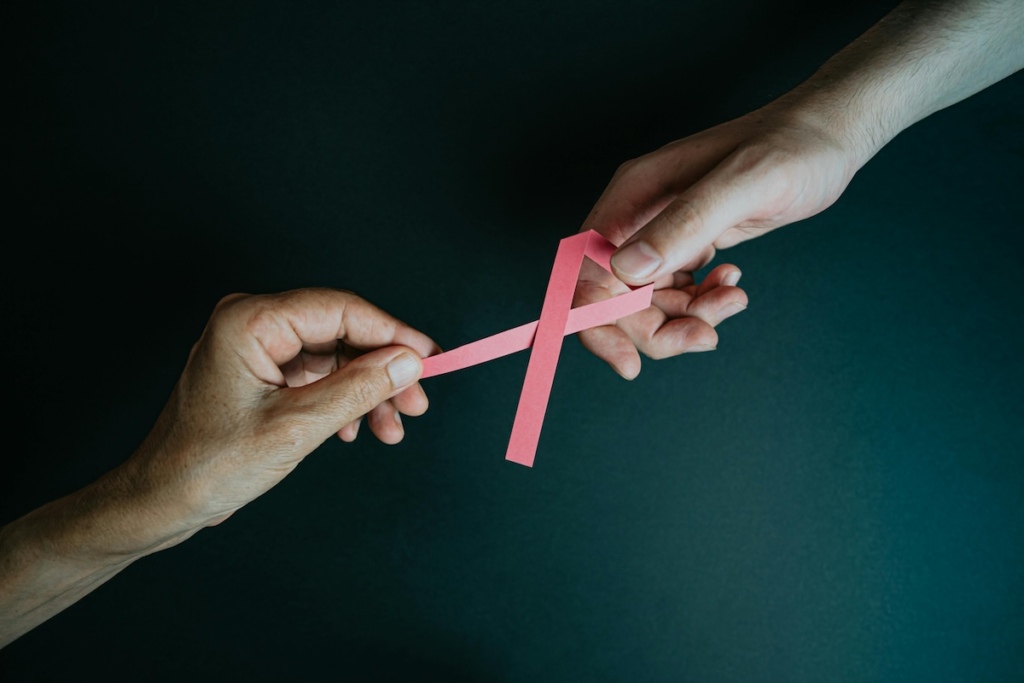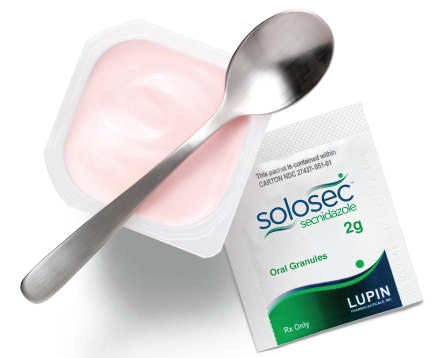
Daiichi Sankyo and AstraZeneca’s HER2-directed antibody-drug conjugate (ADC) ENHERTU has been granted Breakthrough Therapy Designation (BTD) by the U.S. Food and Drug Administration (FDA) for the treatment of unresectable or metastatic hormone receptor-positive HER2 low or HER2 ultralow breast cancer. This latest designation marks the eighth BTD for ENHERTU and highlights the significant potential for the therapy in addressing unmet medical needs in breast cancer treatment.
The BTD was awarded based on results from the DESTINY-Breast06 phase 3 trial, which were presented during a late-breaking session at the 2024 American Society of Clinical Oncology (ASCO) Annual Meeting. The designation is intended to expedite the development and review process for therapies that have shown substantial improvement in clinical outcomes over existing treatments.
“If approved, ENHERTU could once again change the treatment paradigm for certain patients with breast cancer, pushing past old boundaries and broadening the number of people who may be eligible for a HER2-directed therapy,” said Ken Takeshita, MD, Global Head of R&D at Daiichi Sankyo. “The designation also showcases Daiichi Sankyo’s commitment to pioneering cutting-edge science to deliver medicines like ENHERTU that create new standards of care for patients with cancer.”
The DESTINY-Breast06 trial evaluated the efficacy and safety of ENHERTU in patients with hormone receptor-positive HER2 low or HER2 ultralow advanced or metastatic breast cancer. Participants included those who had previously received two lines of endocrine therapy or who demonstrated disease progression following endocrine therapy in combination with a CDK4/6 inhibitor or within 24 months of adjuvant endocrine therapy. The primary endpoint was progression-free survival in the HER2 low patient population, with secondary endpoints including overall survival and response rates across different patient groups.
The trial involved 866 participants across multiple global sites and showed promising results, positioning ENHERTU as a potential new option for a broader range of patients.
HER2 expression levels have historically guided treatment decisions for breast cancer, with therapies primarily targeting patients with high HER2 expression. However, emerging evidence shows that even patients with low or ultralow HER2 expression could benefit from targeted therapies. Approximately 60-65% of hormone receptor-positive HER2 negative breast cancers fall into the HER2 low category, with an additional 25% potentially classified as HER2 ultralow.
Current treatment options for these patients often include chemotherapy, which is associated with poor outcomes. ENHERTU’s introduction for this patient population could provide a new targeted option that may improve survival and quality of life for those with limited treatment choices.
ENHERTU has previously received BTD for several other indications, including HER2 positive metastatic breast cancer and HER2 positive gastric cancer. The therapy is already approved in over 65 countries for various indications, demonstrating its broad clinical impact. The latest BTD for HER2 low and ultralow breast cancer further underscores its potential to meet a wide range of unmet needs across different HER2-expressing cancers.
Daiichi Sankyo and AstraZeneca continue to invest in the development of ENHERTU through a comprehensive clinical program that explores its efficacy across multiple cancer types and in combination with other therapies. The companies have been collaborating since 2019 to develop and commercialize ENHERTU, with Daiichi Sankyo leading the manufacturing efforts.



